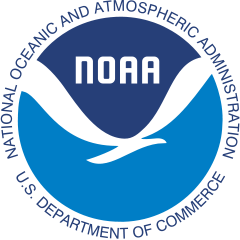Evaluate the global scale impact of human activities on ecosystems
As humans change the chemical composition of the atmosphere and ocean, the activities associated with these changes can directly impact ecosystems. Land use, fire, and ocean acidification are all examples of these types of activities. These activities may or may not impact climate.
As human clear land for crops and pastures, forests are cut down, swamps are filled in, etc. In addition, humans cause both increases and decreases in the size and number of fires. In places where society manages forests for either tourism or wood harvesting, fire is typically suppressed. In more remote areas which are not managed, human activities typically increase the frequency of fire.
As carbon dioxide increases in the atmosphere, chemical reactions in the ocean cause the water to become more acidic. Increased acidity can harm marine organisms.
Both the ecosystem and climate changes can have adverse impacts on society. Decision makers need information on these changes. GFDL ESMs (See Development project)will provide this type of information. Furthermore, ecosystem changes can then impact the global carbon cycle and thereby cause further climate changes (i.e. feedbacks).
GFDL ESMs incorporate components that simulate land use changes, fire likelihood and impact, ocean acidification. Currently, these components are fairly simple. GFDL along with its university partners (Princeton, U of New Hampshire) are developing improved ways to evaluate these components and as our understanding of the various processes deepens, develop more comprehensive components.

Figure: Land use changes impact ecosystems. Source.


